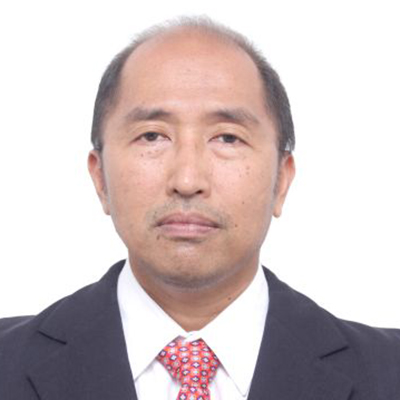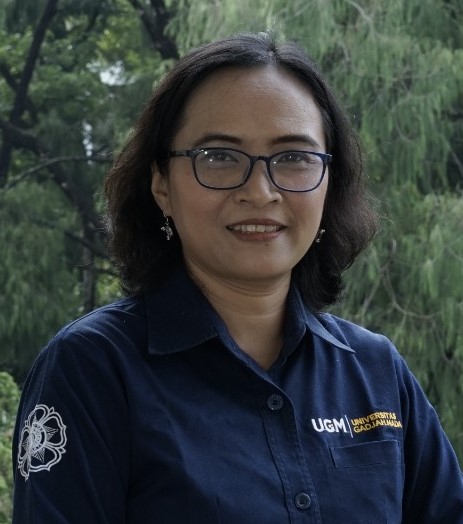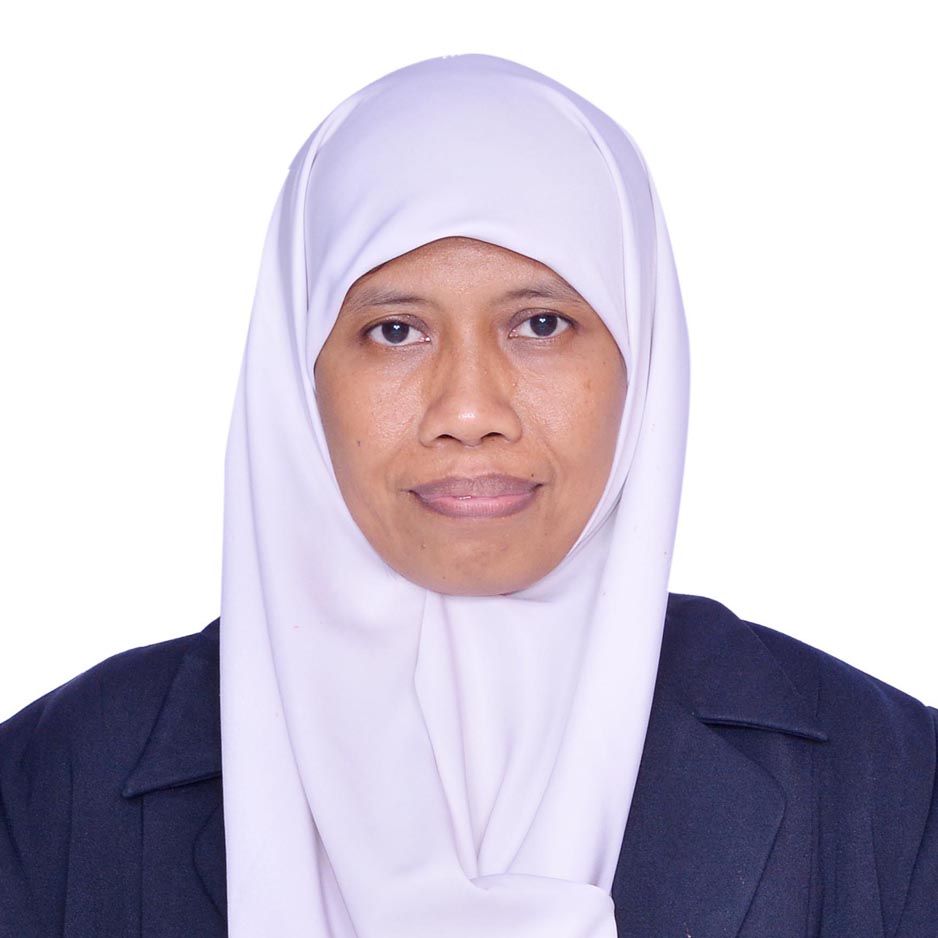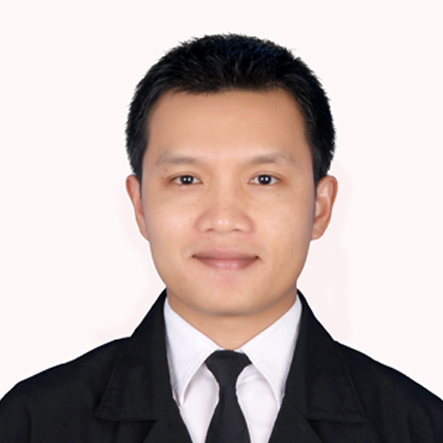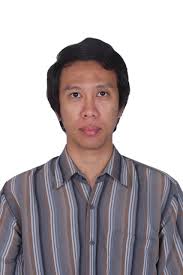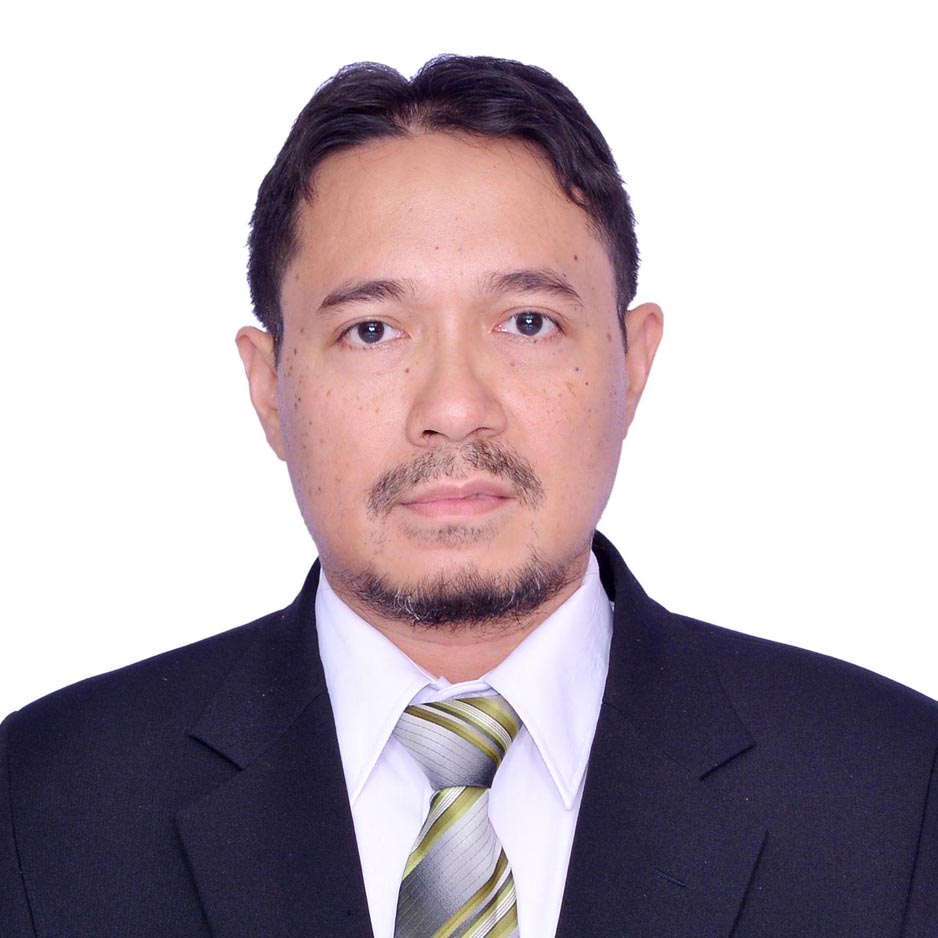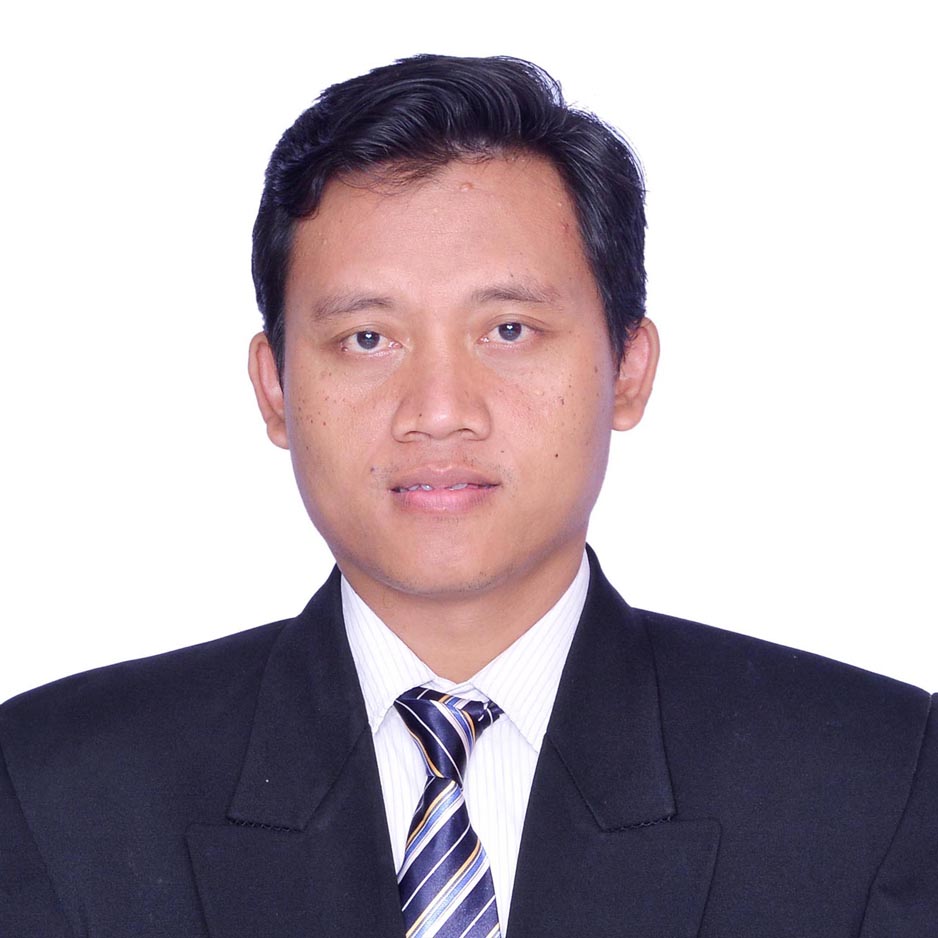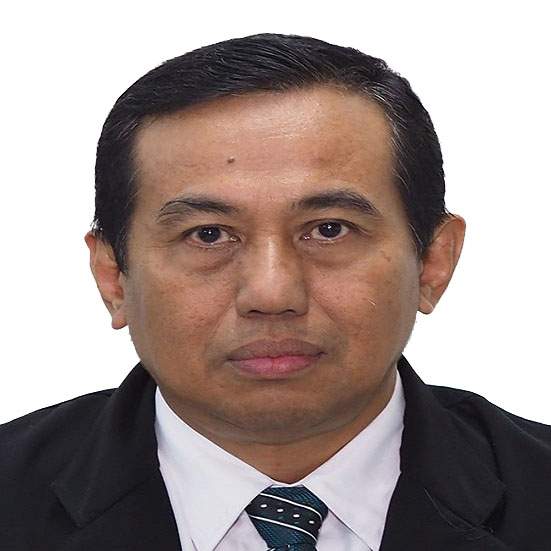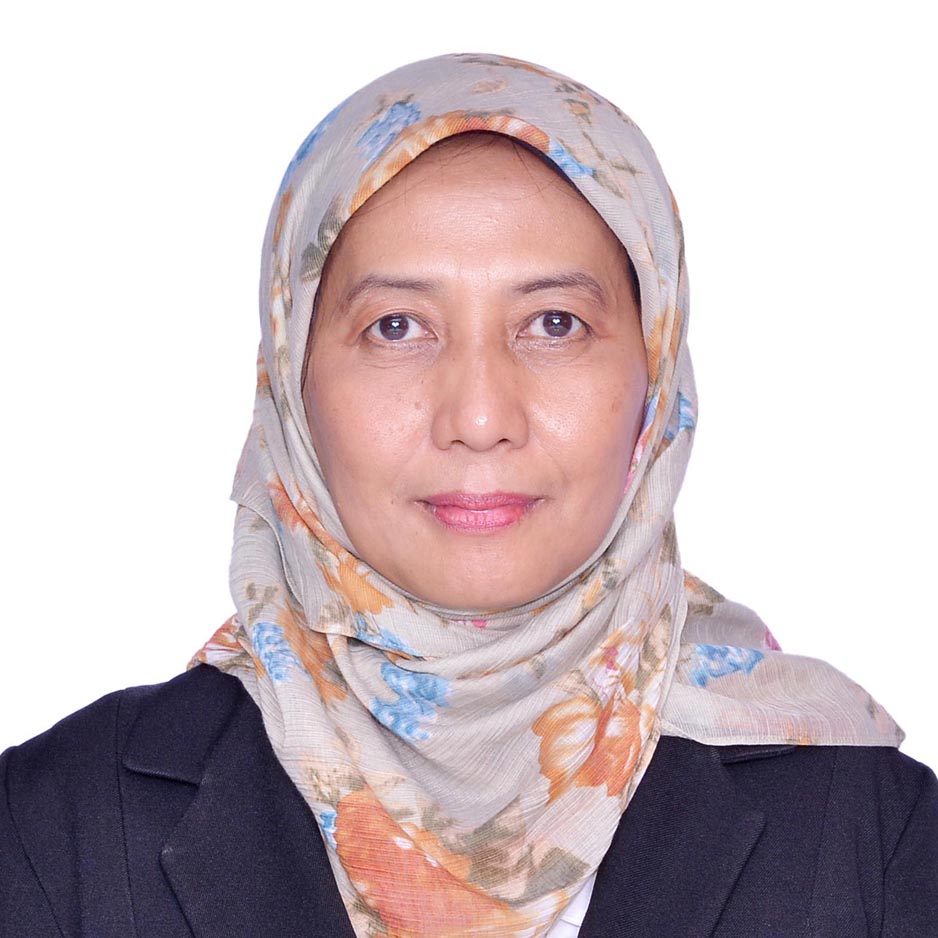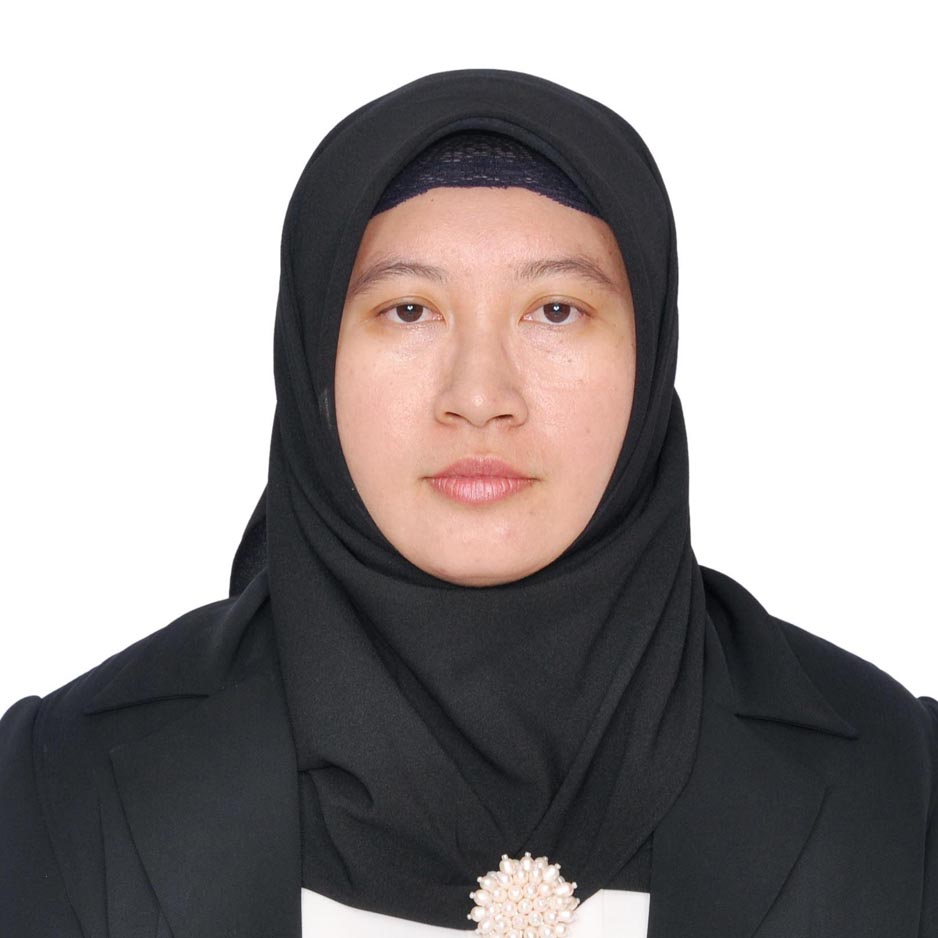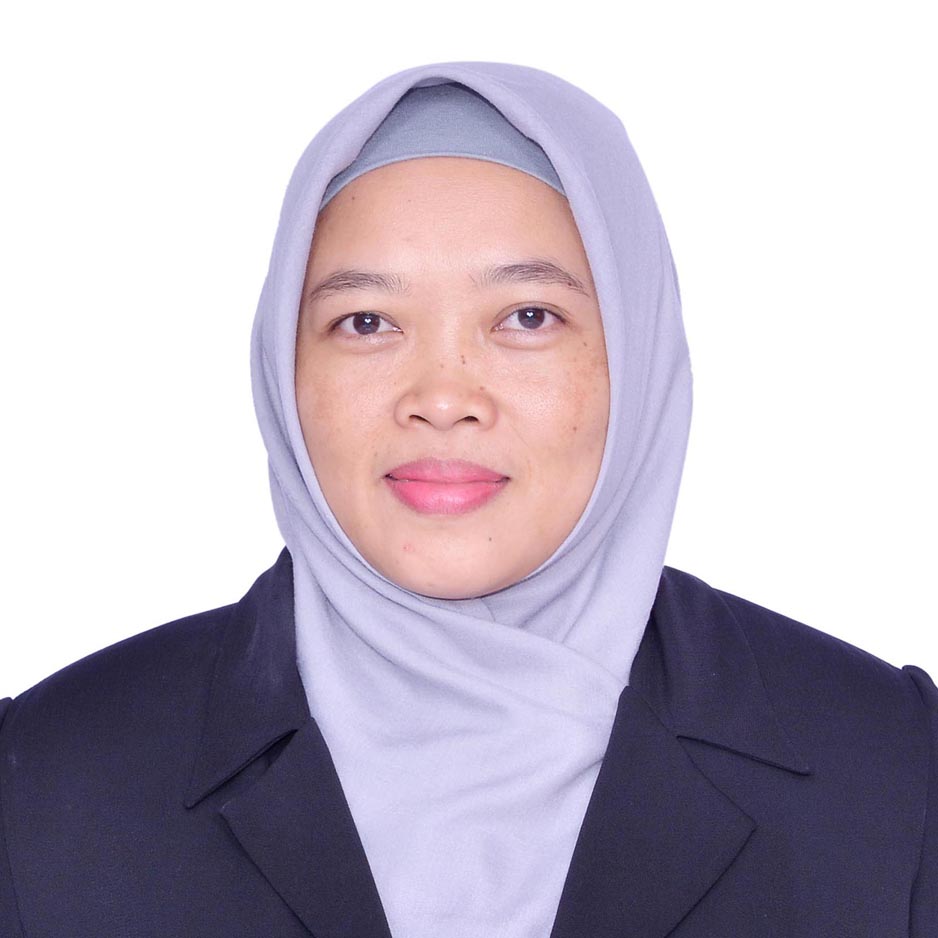“Acadstaff and dissertation supervision quota is a maximum of 20. Last updated on September 9, 2025.”
Acadstaff dan kuota bimbingan disertasi maksimal 20 update terakhir tanggal 9 September 2025
BIOLOGI FARMASI
Prof. Dr. apt. Erna Prawita Setyowati, M.Si.
Jabatan Fungsional : Guru Besar
Jumlah bimbingan : 3
Sisa Kuota : 17
Jabatan Fungsional : Guru Besar
Jumlah bimbingan : 15
Sisa Kuota : 5
Prof. Dr. rer.nat. apt. Nanang Fakhrudin, M.Si.Jabatan Fungsional : Guru Besar
Jumlah bimbingan : 11
Sisa Kuota : 9
Dr. apt. Andayana Puspitasari Gani, M.Si.Jabatan Fungsional : Lektor
Jumlah bimbingan : 3
Sisa Kuota : 17
Jabatan Fungsional : Lektor
Jumlah bimbingan : 8
Sisa Kuota : 12
Prof. Dr. apt. Puji Astuti, M.Sc.Jabatan Fungsional : Guru Besar
Jumlah bimbingan : 4
Sisa Kuota : 16
Dr. Sylvia Utami Tunjung Pratiwi, M.SiJabatan Fungsional : Lektor Kepala
Jumlah bimbingan : 2
Sisa Kuota : 18
Dr. apt. Indah Purwantini, M.SiJabatan Fungsional : Lektor Kepala
Jumlah bimbingan : 2
Sisa Kuota : 18
Dr. Djoko Santosa, M.SiJabatan Fungsional : Lektor Kepala
Jumlah bimbingan : 3
Sisa Kuota : 17
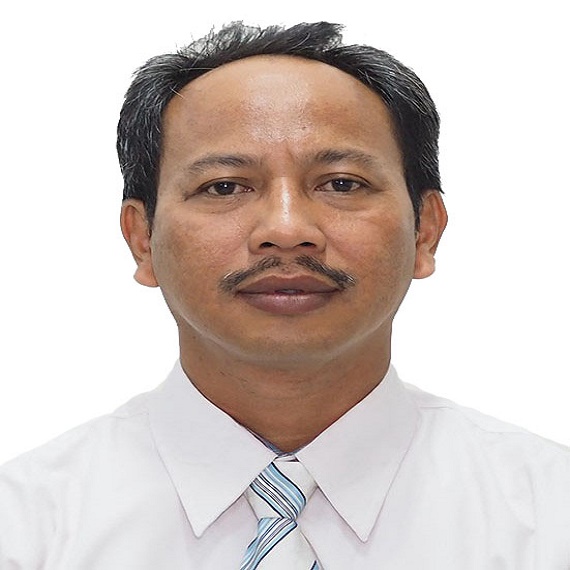
Jabatan Fungsional : Lektor
Jumlah bimbingan : 9
Sisa Kuota : 11
apt. Puguh Indrasetiawan, M.Sc., Ph.DJabatan Fungsional : Lektor
Jumlah bimbingan : 0
Sisa Kuota : 20
FARMASETIKA
Prof. Dr. apt. Akhmad Kharis Nugroho, M.Si
Jabatan Fungsional : Guru Besar
Jumlah bimbingan : 16
Sisa Kuota : 4
Prof. Dr. apt. Satibi, M.SiJabatan Fungsional : Guru Besar
Jumlah bimbingan : 16
Sisa Kuota : 4
Prof. Dr. apt. Abdul Karim Zulkarnain, M.Si., SEJabatan Fungsional : Guru Besar
Jumlah bimbingan : 1
Sisa Kuota : 19
Prof. Dr. apt. Chairun Wiedyaningsih, M.Kes., M. App.ScJabatan Fungsional : Guru Besar
Jumlah bimbingan : 6
Sisa Kuota : 14
Prof. Dr. apt. Susi Ari Kristina, M.KesJabatan Fungsional : Guru Besar





